Adobe: Folks are cutting off social media amid 2024 elections' misinformation
Adobe, Microsoft, and Google are a part of the C2PA initiative
2 min. read
Published on
Read our disclosure page to find out how can you help MSPoweruser sustain the editorial team Read more
Key notes
- Concern over 2024 election misinformation drives many to cut back on social media, says Adobe.
- Microsoft also proposes new laws and labels for deepfakes and a ban on misleading AI ads.
- Google previously announced that it’s integrating C2PA’s Content Credentials to verify image authenticity.

2024 is the year of global elections, with at least over 70 countries holding the selection process of their leaders. That’s almost half of the countries worldwide already, and in the age of the AI race, concerns about misinformation do arise, especially with deepfakes and voice cloning.
Adobe has recently held a study, revealing that most consumers in the US have deep concerns about misinformation as the 2024 presidential election approaches. The company is a part of the Coalition for Content Provenance and Authenticity (C2PA) initiative alongside Microsoft, Google, and other tech giants to tackle unregulated AI-generated visuals.
The study also shows that people want stricter safeguards from both social media platforms and the government to combat misinformation, with many cutting back on social media due to these concerns. The rise of AI-generated content has made 87% of respondents find it harder to distinguish truth from fiction, causing 74% to doubt even reputable sources.
Brad Smith, Microsoft’s VC, also testified before the Senate Intelligence Committee ahead of the election. He proposed three measures: a new law to tackle deepfake fraud, mandatory labels for synthetic content (such as the C2PA), and a ban on misleading AI ads in political campaigns with some exceptions for satire and news.
“In addressing the challenges posed by deepfakes and other technological issues, it is evident that no single sector of society can solve these complex problems in isolation,” Smith says.
Google has previously announced its plans to integrate C2PA’s Content Credentials 2.1 into its products like Search, Ads, and YouTube to help users distinguish between real and manipulated images. This update will provide details about an image’s origin and editing history.
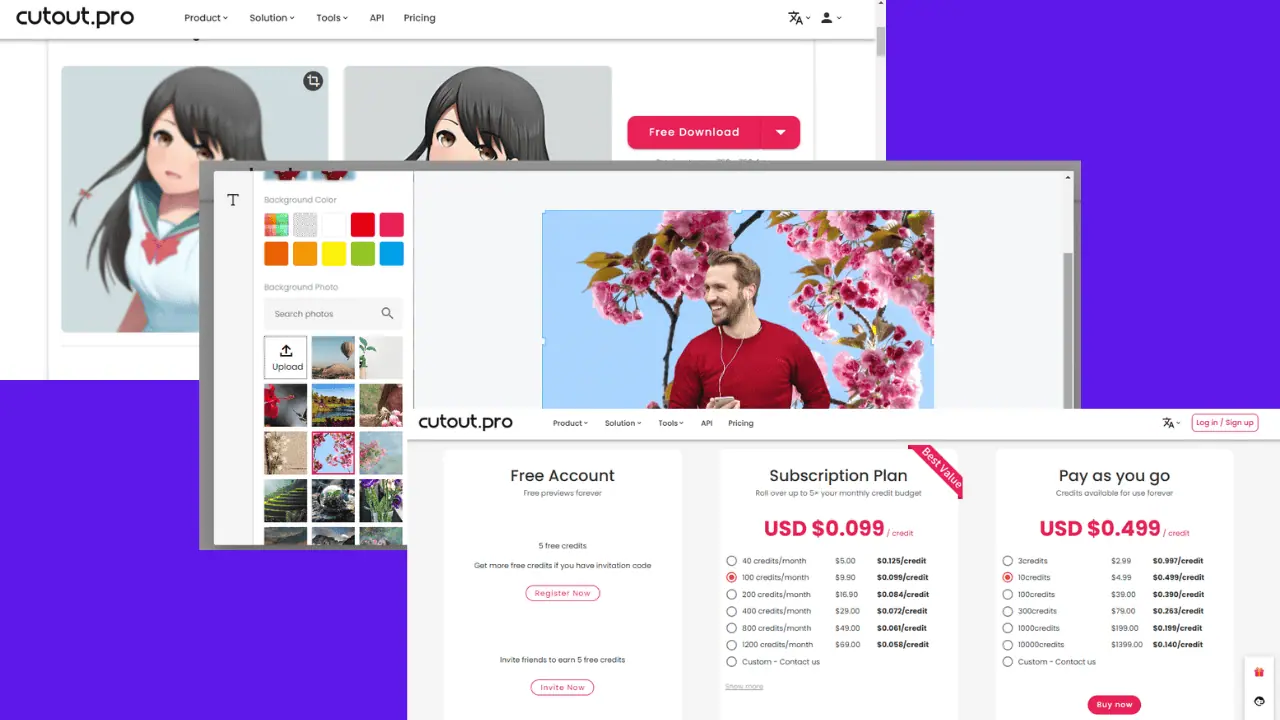
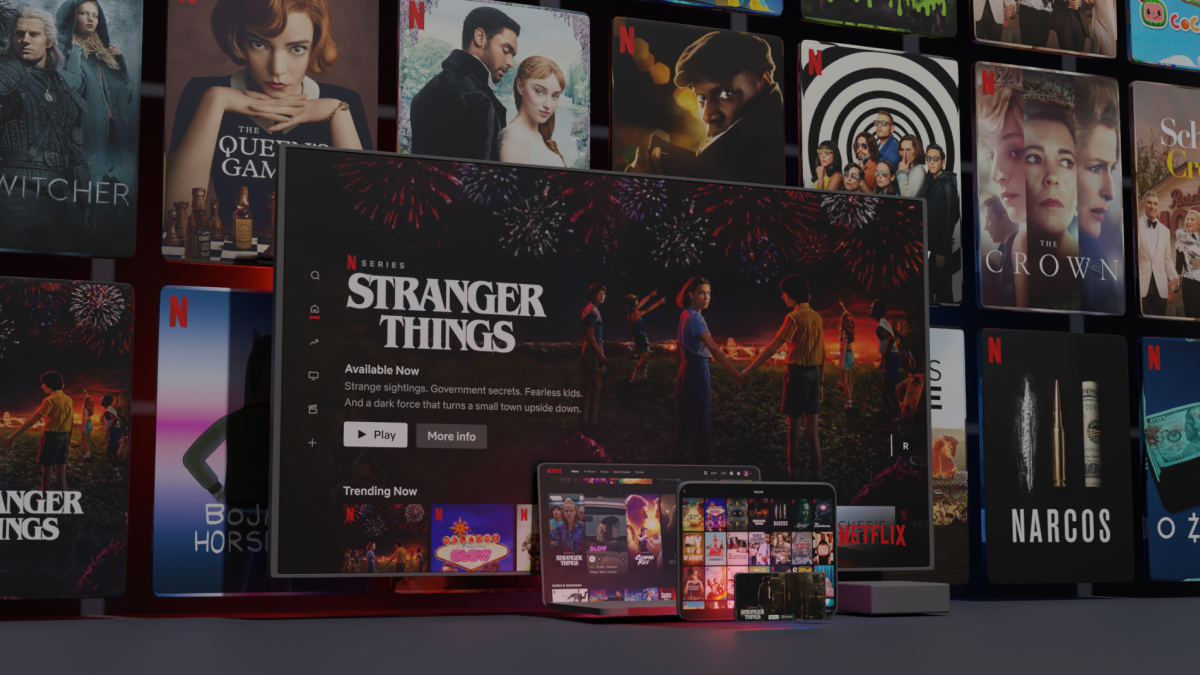
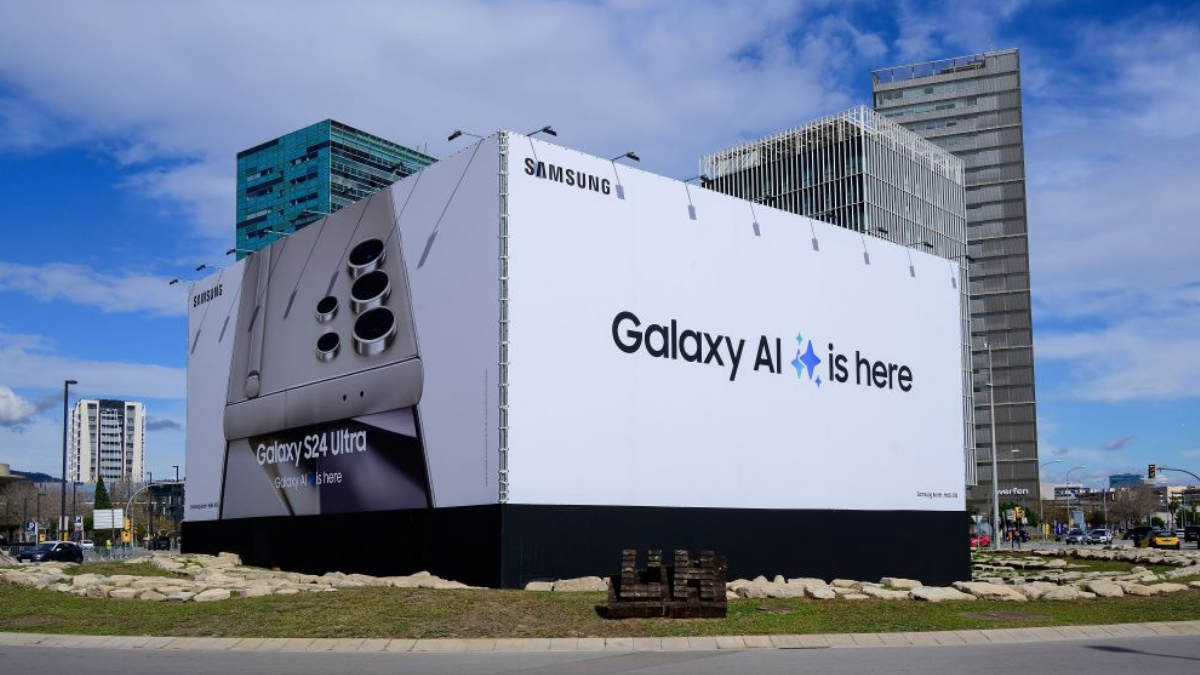
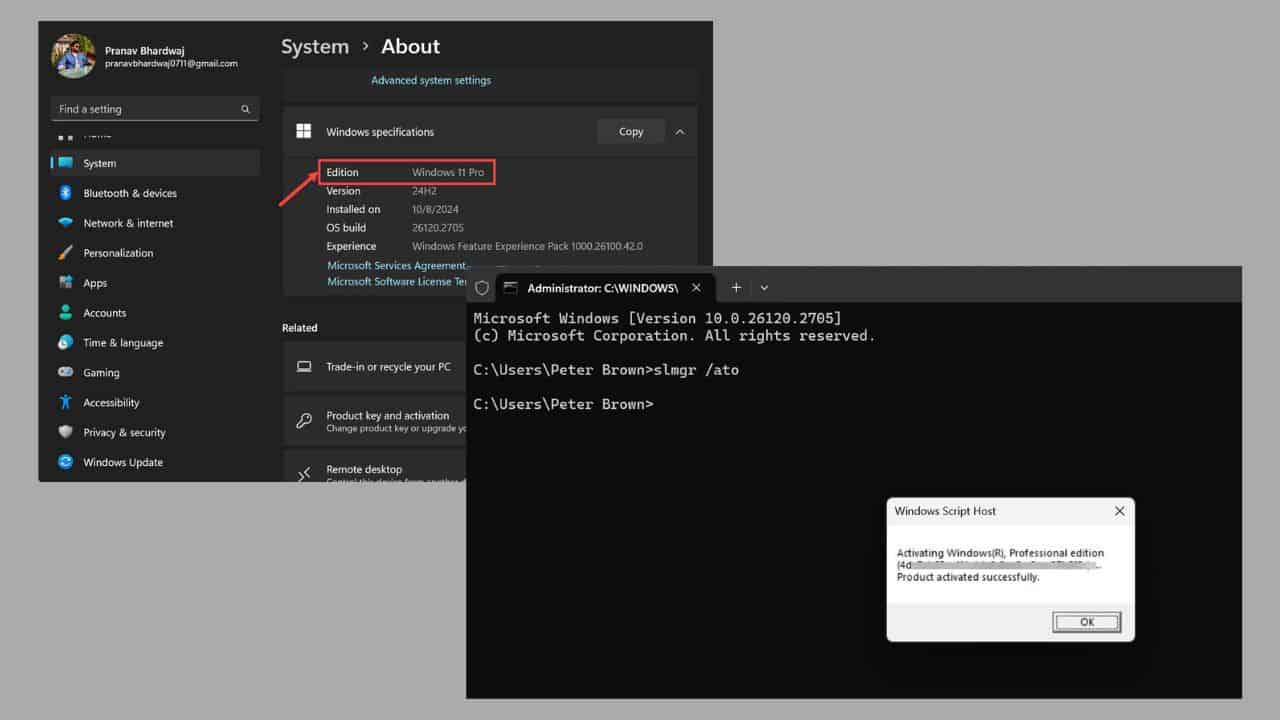
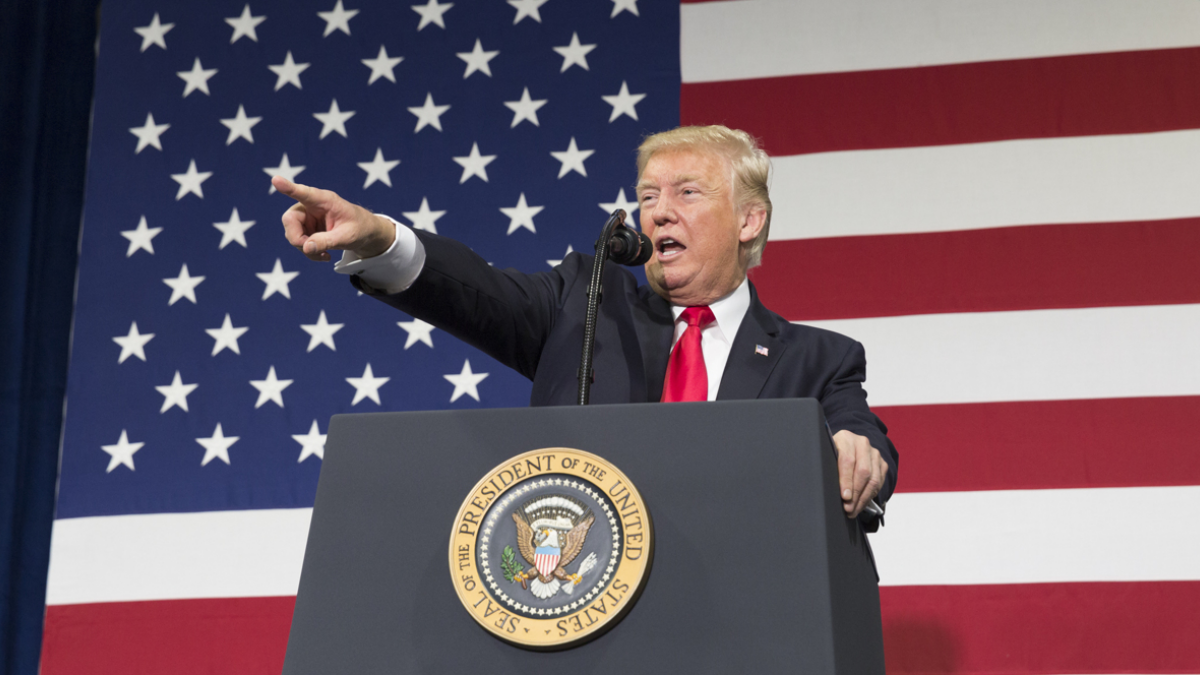
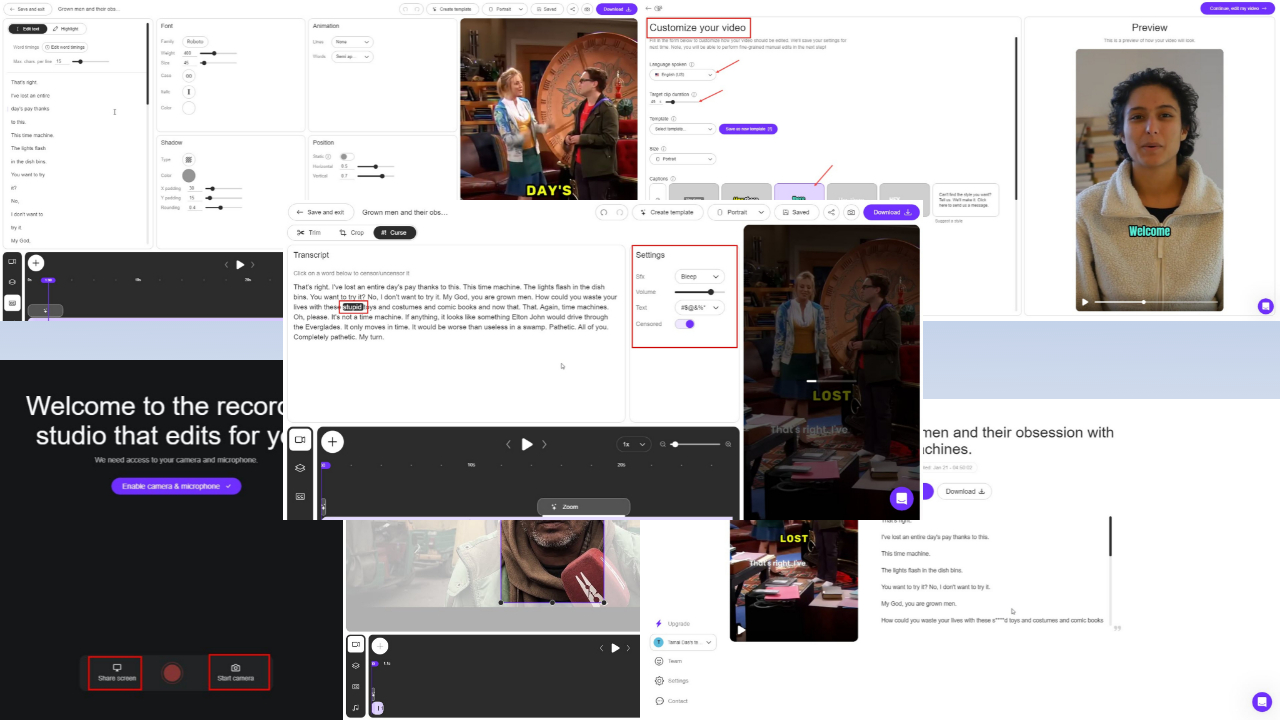
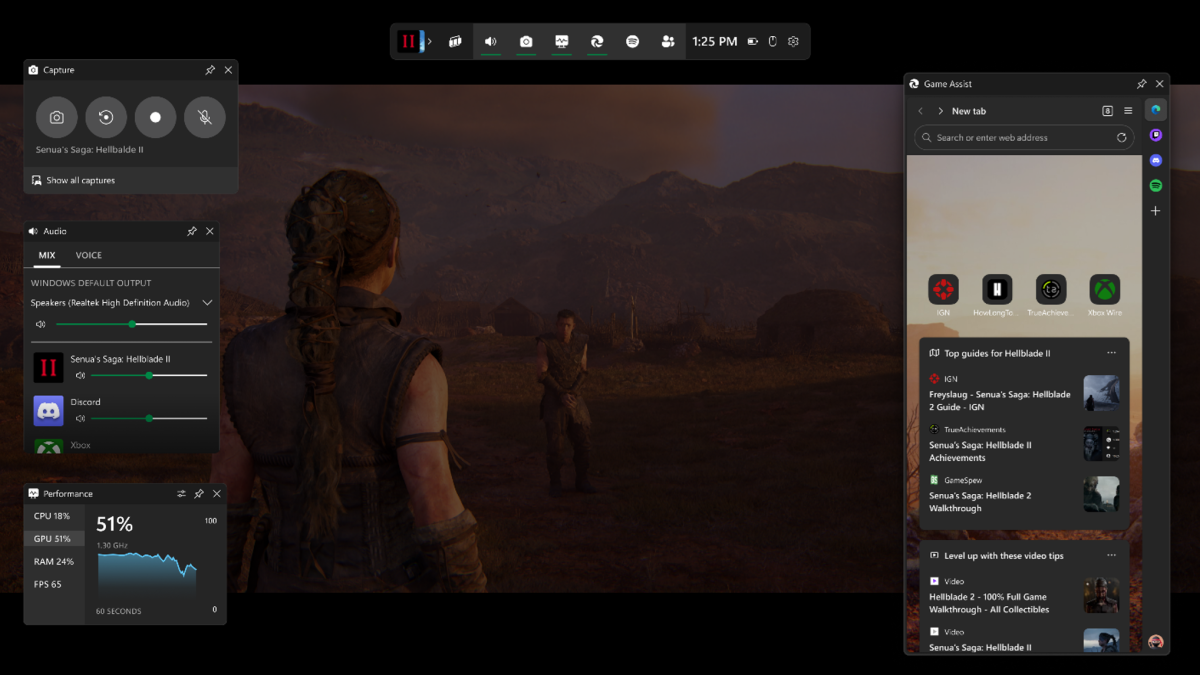
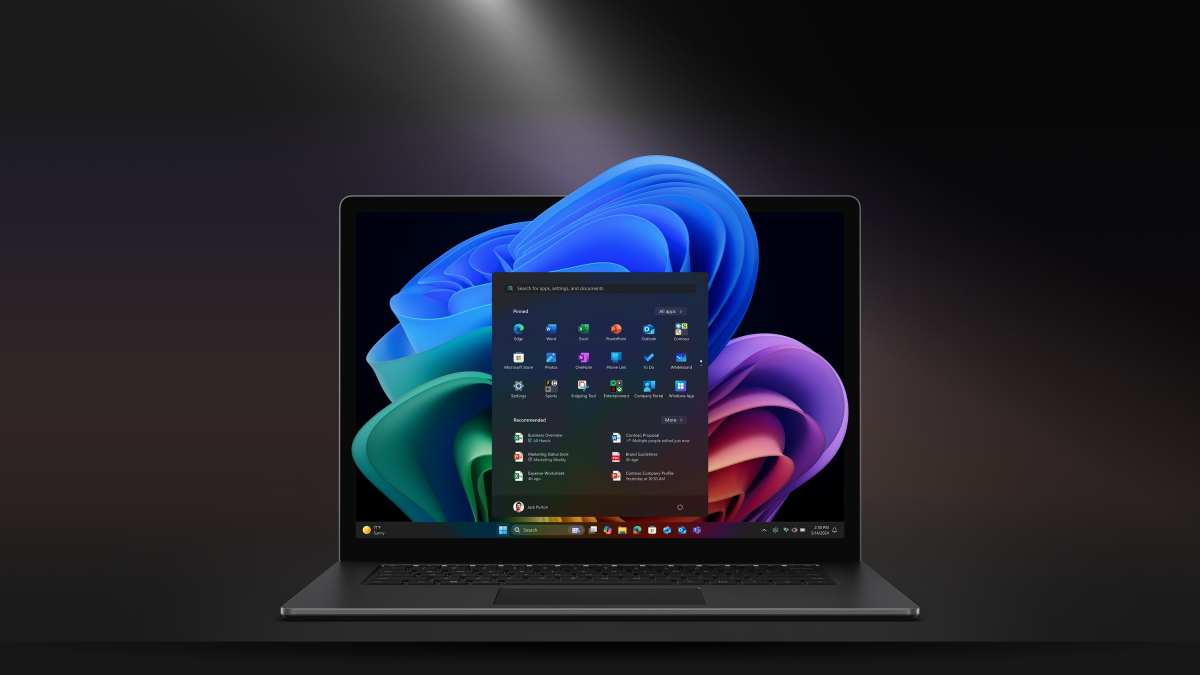
User forum
0 messages